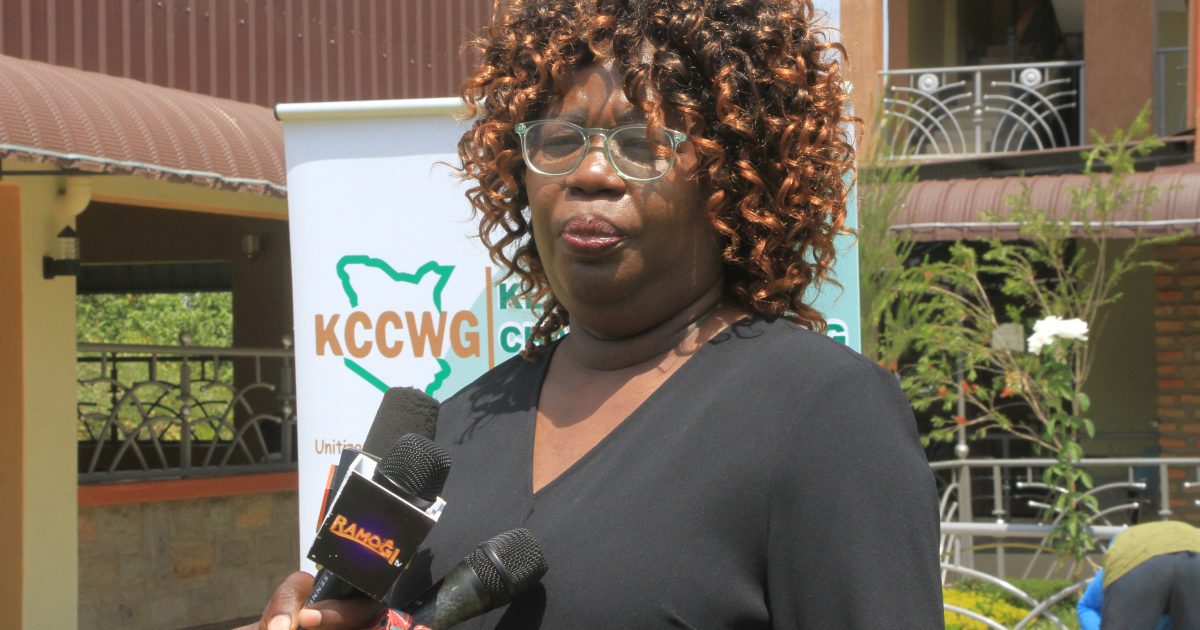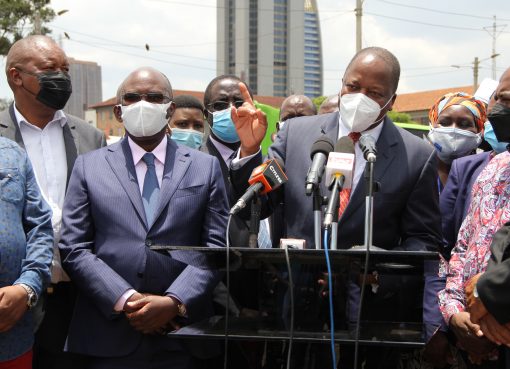The County Government of Migori has partnered with the United Kingdom in developing a tool that will enable the County to map energy systems across its eight Sub Counties.
The collaboration will be implemented through a UK-based organization RICARDO working under the county decentralization energy systems (CODES) programme.
While unveiling the energy toolkit in Migori town, CODES project leader, Ms Jacqueline Nyaoro, stated that the project assumes that the best usage of energy is derived from where it is used.
This, she explained, will call for bringing the resource closer to where the users are hence the concept around energy centralization.
“We refer to this toolkit as a decision-making tool that will enable the county to come up with policies that are informed.”
Ms Nyaoro said that by use of the kit, the county will be able to collect all the information about the energy usage within the region. This is in addition to knowing how many resources the county needs to be able to tap and distribute electricity energy closer to the users.
According to the project leader, the toolkit primarily focuses on the electrification while also considering aspects around cooking fuel and incorporating cross-sectoral sectors within the county, particularly health and water.
“In health, we have just come through a situation where we have got Covid-19 and we need vaccination. So anything concerning this will be done with the consideration of availability of power energy to be able to preserve vaccines at very cool temperature,” she noted.
Nyaoro stressed the fact that efforts to tame climate change was going to cost more than three percent (3%) of the country’s Gross Domestic Product (GDP).
The chair of Kenya Climate Change Group (KCCWG), Mr. John Kioli, noted that the tool is vital for the county as they will be able to identify energy projects scientifically and therefore be able to invest money in energy.
“I am proud to say that in Migori County, we now have a one-stop toolkit that we can use to identify projects scientifically as opposed to politically to be able to put money in the energy sector,” said Mr Kioli.
He acknowledged that the availed toolkit is the only gadget that can go beyond the political siting of projects, adding that, the tool will identify which project needs to be solar powered or connected to hydropower.
County Chief Officer-In-Charge of Water and Energy, Mr. Phidale Majiwa, said the Energy Department had identified various stakeholders like Sony Sugar which has been selling its waste products as far as Makueni County.
Majiwa announced that the county was at an advanced stage of reaching an agreement with Sony to use its waste product of bagasse in making briquettes to be used as cooking fuel instead of firewood and charcoal.
This will reduce overdependence on charcoal for fuel that has led to deforestation and aggravated climate change.
“Migori County is in the process of getting a huge waste resource from Sony Sugar so that we can influence the community to think on the need to align their thoughts in terms of using briquettes instead of firewood,” noted Majiwa.
The official said that in a case where the community needs funding to come up with pollution-free products and deforestation, banks would chip in to assist with loans.
Mr. Majiwa said that Migori has been identified as a strong potential user of solar energy. This is evident in several water projects across the Sub-counties which are solar-powered.
However, he noted that the installation of one solar energy may be costly at inception, but added that maintenance costs and day-to-day running within the communities, are much cheaper than the use of electricity.
The toolkit promotes the use of decentralized energy systems, particularly the use of renewable energy systems.
Therefore, where the county uses diesel generators, they will change to using solar, which is renewable and environmentally friendly.
Migori is contributing to the reduction of the greenhouse gases that produce the warming that brings about climate change.
Migori County is now poised to reduce their greenhouse gas emissions to realise clean energy.
By Polycarp Ochieng and George Agimba




